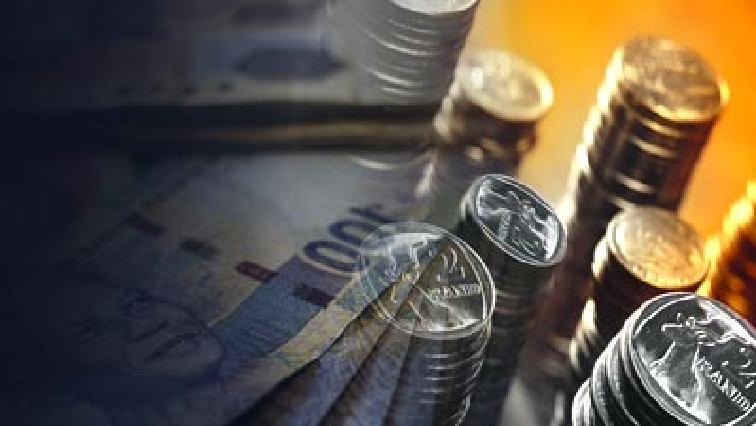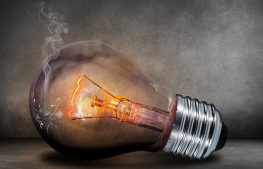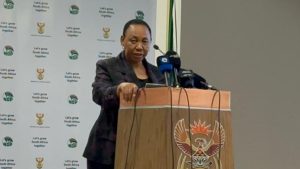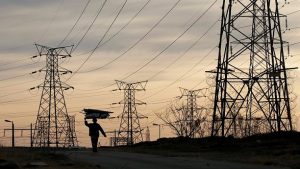The World Bank has cut economic growth for South Africa to below 1% for 2020 due to electricity supply concerns, among other things. The bank now forecasts the country’s growth at 0.9%.
In its Global Economic Prospects report, the bank cited electricity supply and infrastructure constraints as impediments to domestic growth.
The bank’s revision comes as Eskom resumes rolling blackouts earlier than expected. Eskom says load shedding will continue until 6 o’clock on Friday morning.
The embattled power utility has continued with Stage 2 load shedding due to additional breakdowns at substations.
In a statement Eskom says its reserves are also low and unable to meet demand. Eskom Spokesperson Dikatso Mothae explains, “We lost additional generations capacity overnight with break downs of over 14 000 Megawatts. We previously said that in order to avoid load shedding that we need to contain those unplanned outages or break downs to below 9 500. We had to use our emergency reserves overnight. So currently, we have depleted those to meet the demand for electricity during the day. And as a result, we have to load-shed throughout the day until tomorrow.”
Chief Economist at Efficient Group, Dawie Roodt says other key financial institutions like the Reserve Bank and National Treasury are also expected to give a downward revision of growth in 2020.
“Well, I’m afraid I’m going to have to agree with the World Bank. Their expectations of economic growth of less than 1% are in line with my own expectations and it’s quite likely that we’re going to see economic growth – well below 1% for 2020, because of electricity. But because of some other constraints as well that will lead to a further increase in unemployment and poverty in 2020. And I’m afraid 2021 is likely to see a similar kind of situation.”
Recession
Chief Economist at the Centre of Risk Analysis, Ian Cruikshanks says the electricity challenges could see the South African economy falling into a recession this year.
Cruikshanks says the World Bank’s downward growth forecast could be an overestimation.
“I think that 0.9% is still too high, as you know we had power failures here at the SABC. It’s going to be everywhere at commerce, at the industry at agriculture. All of these areas will be finding that without power no activity. You have no new revenue creation, no new job creation. Now tell me is that a growth forecast? No. So I think the risk is that we could be going through a deeper recession if we don’t get the electricity supply fixed immediately.”
The World Bank sees GDP growth averaging 1.4% in 2021-22 financial year if President Cyril Ramaphosa’s administration is able to ramp up structural reforms and address policy uncertainty, and if there’s a recovery in public and private sector investment.






